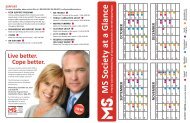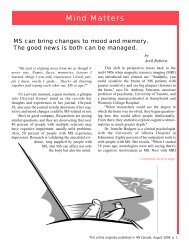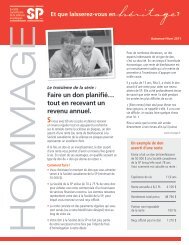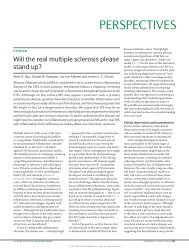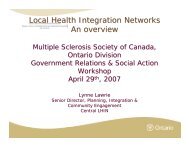Evidence-based medicine (EBM)
Evidence-based medicine (EBM)
Evidence-based medicine (EBM)
You also want an ePaper? Increase the reach of your titles
YUMPU automatically turns print PDFs into web optimized ePapers that Google loves.
• this group is compared to the experimental group (which receives a new<br />
treatment), to measure the effectiveness of the treatment<br />
Crossover study design<br />
• a type of study in which more than one treatment is administered to the<br />
same group of participants in a successive fashion<br />
• two problems can occur: carry-over effects (the effect of one treatment<br />
carries over into the second treatment period) and order effects (the order<br />
in which the treatments are administered may affect the outcome)<br />
Cross-sectional study<br />
• a type of study in which a population is observed over a specifi c time interval<br />
or at a single point in time (often referred to as a “snapshot” study)<br />
• the participants’ exposure to potential risk factors and development of<br />
the outcome of interest are determined simultaneously<br />
Double blind<br />
• studies in which neither the participants nor the researchers know the<br />
group (control or experimental) to which the participants were allocated<br />
(until the end of the study)<br />
Effect size<br />
• the estimate of the magnitude of the observed effect in a study<br />
• generally, the larger the effect size, the greater the effect of the treatment<br />
Epidemiologic Studies<br />
• studies that look at the percentage of people who are affected by a<br />
particular outcome of interest (e.g. disease, disorder, occurrence, etc.)<br />
Epidemiology<br />
• the study of the distribution, determinants and deterrents of morbidity<br />
(illness) and mortality (death)<br />
• that is, the study of who gets sick or dies, where they get sick or die, and<br />
when they get sick or die (distribution), what causes people to get sick or<br />
die (determinants) and what prevents these outcomes (deterrents)<br />
Experimental group<br />
• one of the groups of participants in a study<br />
• this group receives the new treatment that is being studied<br />
• this group is compared to the control group (which receives a placebo<br />
or a previously established effective treatment) in order to measure the<br />
effectiveness of the new treatment<br />
23<br />
FOR PATIENTS



